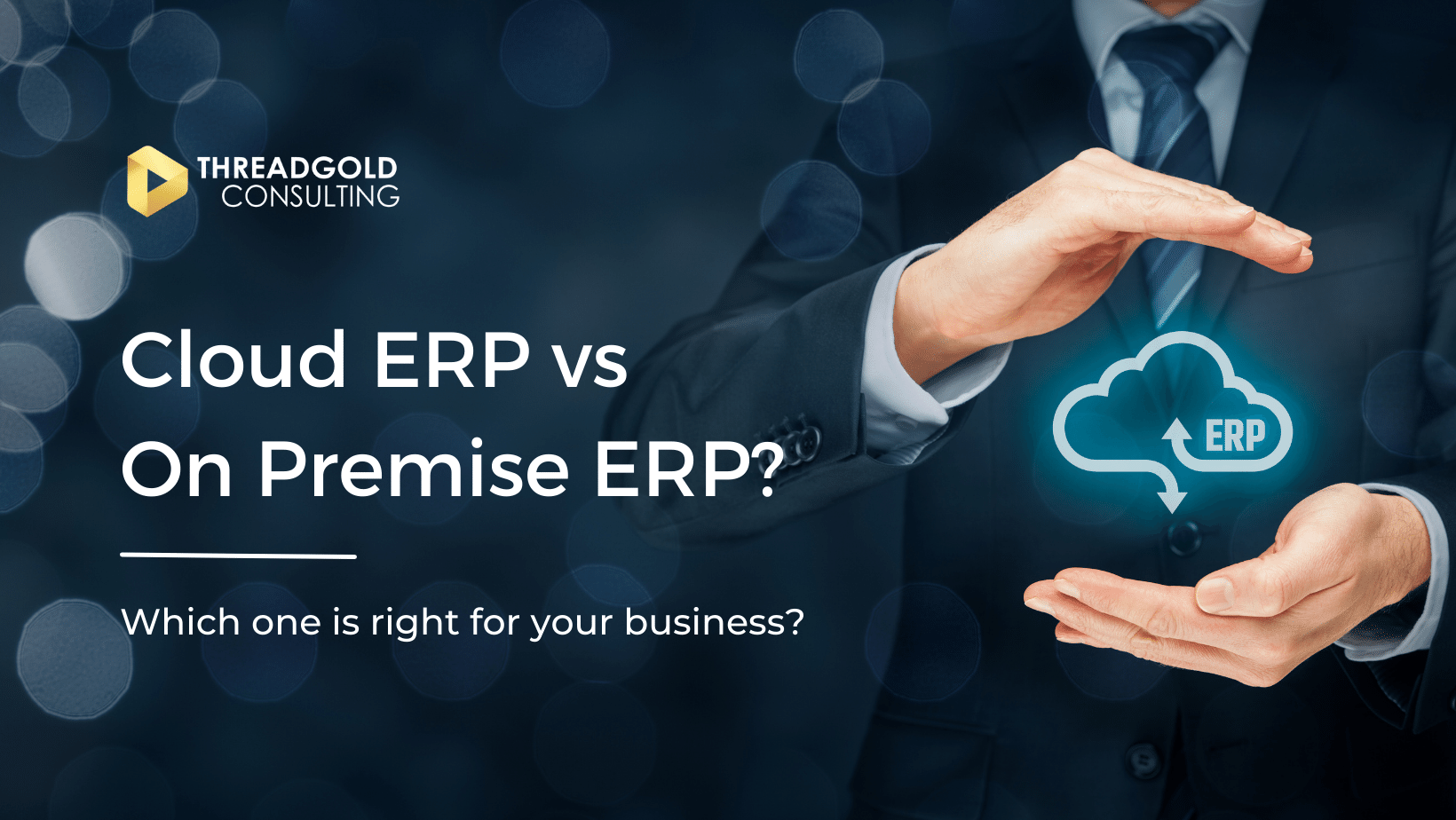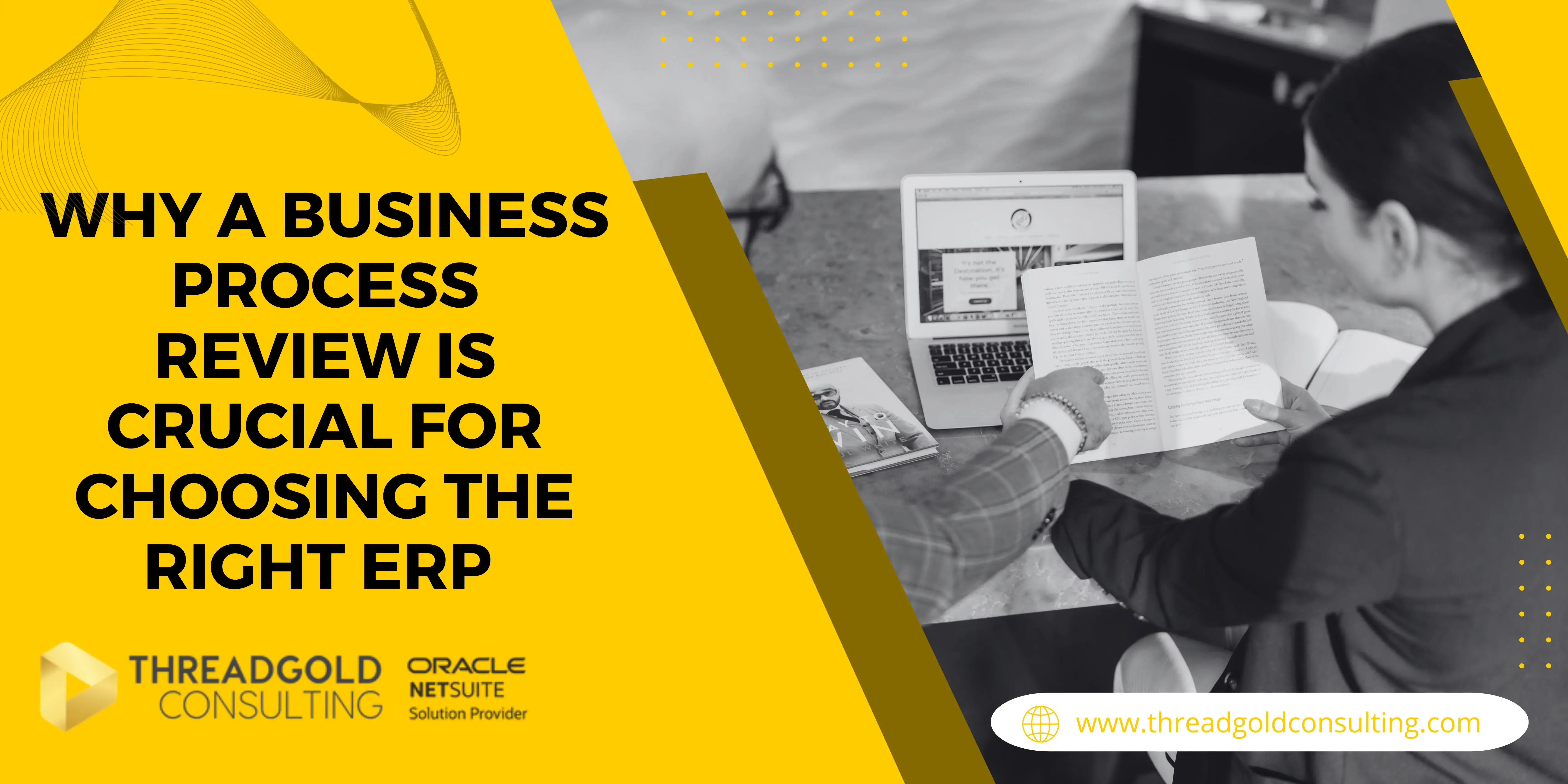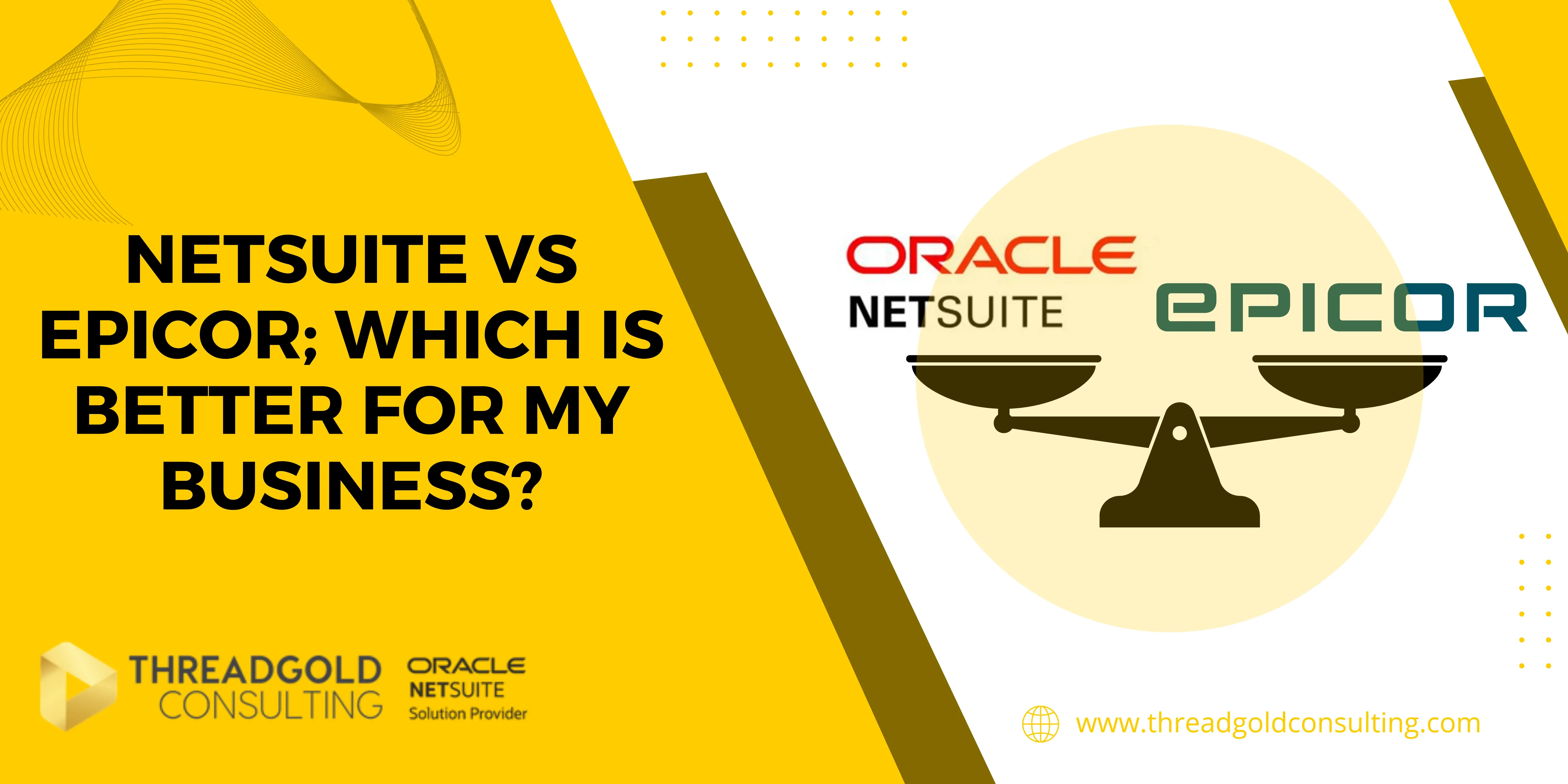Cloud ERP vs On Premise ERP? Which one is right for your business?
When choosing an ERP system, the first question for many is "should I go with a cloud or on premise solution?". This can actually be quite a tricky decision, as there are many things to weigh up, and the one you choose can have a big impact on your business. So this blog post will help you make this decision, by discussing the key differences between the two types of ERP and their pros and cons.
What is Cloud ERP?
Cloud ERP refers to ERP software and tools that are hosted on the provider's servers and accessed via the internet. Think of it as renting a flat; you use it and it's facilities without owning the building or being responsible for its maintenance. All upgrades are handled by the vendor, so businesses don't need to worry about implementing new versions of the software. The systems often have very sophisticated security measures, including encryption and data centres with 24/7 security. This setup allows businesses to use advanced software without the need for hefty initial investments in hardware and infrastructure.
The Advantages of Cloud ERP
There are many advantages of cloud ERP systems, including:
- Ease of Access: With an internet connection, cloud ERP can be accessed anytime, anywhere, making it perfect for businesses with remote teams or multiple locations. This includes mobile phones, so this makes it extremely easy to work on the go.
- Scalability on Demand: As your business grows, so can your ERP system. Adding more users or functionalities is straightforward, allowing you to scale up or down based on your needs.
- Reduced maintenance costs: With cloud ERP's, all maintenance and upgrades are handled by the vendor. You don't need to worry about being on old versions of the software, or implementing expensive and time consuming upgrades, everything is done for you.
- More frequent upgrades: Due to it's remote nature, cloud ERP systems are often being updated for more frequently than on premise solutions. This means that you'd likely have a more modern and sophisticated system than an on premise solutions. Sometimes on premise ERP companies stop supporting old versions altogether, so if you were on one of these versions you'd have to upgrade your entire system, causing a lot of headaches.
- Initial Cost Savings: The subscription-based model means lower upfront costs. You pay for what you need when you need it, and can add users of modules as you go. Cloud ERP's are often easier to set up, so implementation is quicker and cheaper. This avoids the financial burden of significant initial investments.
- Improved system performance and accessibility: Cloud ERP delivers better performance as its architecture is designed from the ground up for maximum network performance. They also offer many more third-party application integrations, which can mean better application availability than on-site ERP systems.
The Disadvantages of Cloud ERP
Some disadvantages of cloud ERP solutions include:
- License requirement: Due to the nature of a cloud ERP, you need to pay a monthly license fee for however long you need the system for. This can increase costs in the long run compared to an on-premise solution where you initially purchase the system and then don't have to pay a monthly fee.
- Customisation Constraints: While cloud ERP offers some level of customisation, it may not be as extensive as with on-premise solutions. This could be a limitation for businesses with highly specific process requirements.
- Data Security Anxiety: Despite cloud providers employing robust security measures, the idea of storing sensitive data off-site can be unsettling for some businesses, sparking concerns over data privacy and security.
What is on-premise ERP?
On-premise ERP systems are sold to a company from the vendor and then installed locally, on a company's own computers and servers. It's akin to owning a house; you're responsible for maintenance but have full control over the system and security. This model gives businesses direct control over their ERP system and data, and doesn't require any monthly subscription costs. These types of system often require a full time individual that is responsible for ensuring the system runs as it should, and making any adjustments that employees may require.
Advantages of On-Premise Solutions
There are some good advantages of on-premise ERP solutions, including:
- Custom Fit: On-premise ERP systems can be tailored to the intricate needs of a business, as you have access to the entire platform. With cloud ERPs, you often only have access to certain parts, as you can't customise the core components of the system. Therefore if you have a business that requires extensive customisations, on-premise solutions might be the better choice.
- Data Under Lock and Key: With data stored on-site, businesses have complete control over their information, potentially increasing security and peace of mind regarding data privacy.
Disadvantages of On-Premise Solutions
However, there are a fair few disadvantages to on-premise solutions:
- High Initial Costs: On-premise solutions require a significant upfront investment. Companies need to purchase hardware, infrastructure, and the software licenses needed to run the system. Additionally, there are costs associated with setting up and configuring the system to get it operational. On-premise solutions can take up to 700 hours to customise and implement, whereas cloud solutions can take as little as 50.
- Ongoing Maintenance Costs: Beyond the initial setup, on-premise systems require ongoing maintenance, which includes managing servers, storage, and network infrastructure, as well as software updates and security patches. This not only adds to the costs but also requires dedicated IT staff.
- Complexity in Scaling: Scaling an on-premise solution can be complicated and expensive. If a business grows and needs more capacity, it must invest in additional hardware and potentially software licenses, as well as manage the integration of new components into the existing infrastructure.
- Disaster Recovery Challenges: On-premise solutions are more vulnerable to disasters such as fires, floods, or cyber-attacks. While backups can mitigate these risks, creating and managing an effective disaster recovery plan is complex and costly.
- Expensive Upgrades: Updating an on-premise solution to the latest software version can be a very complex process. Any specific customisations will have to be reconfigured into the new system, which requires downtime and IT resources. This can lead to companies putting off upgrading their systems, resulting in outdated and impractical solutions that lack new features.
How To Choose The Right ERP System For your Business
When deciding between a cloud or on-premise ERP system, considering the following areas is critical.
- Budget: This is the biggest factor you need to consider when deciding on an ERP system for you. Ensure that you calculate your budget for the total cost of ownership, which includes license, implementation, hardware, maintenance and upgrade costs. This will impact
- Business Size and Complexity: The scale and complexity of your operations may lean towards one model over the other. If your organisation requires a lot of complex customisations, then an on-premise ERP system may be a better fit.
- IT Capabilities: Assess whether you have or can afford a dedicated IT team that can manage the demands of an on-premise system. If you do not, then a cloud ERP is a better fit.
- Future Growth: Consider how your business is expected to grow and whether your ERP system can accommodate that growth. A lot of on-premise solutions can't handle sophisticated financial consolidation, so if you operate across multiple legal entities, and you are expected to expand beyond your servers capacity, then cloud ERP is the one for you.
- Data Security and Compliance: Evaluate your need for data control against the security assurances provided by cloud ERP providers.
NetSuite as the best in class cloud ERP solution
We couldn't write a blog on cloud vs on-premise ERP and not mention NetSuite! Oracle NetSuite has consistently been voted as the best cloud based ERP solution. It was developed as a true cloud ERP system, meaning it is tailor made to suit remote operations (vs other on-premise solutions who have altered their solution to try and fit the cloud). Unlike traditional cloud ERPs that may present challenges in terms of customisation and data security, NetSuite offers a highly adaptable platform that allows businesses to tailor functionalities to their specific needs without sacrificing the ease and accessibility of a cloud-based system.
Its robust security measures and compliance certifications offer peace of mind, ensuring that data is both secure and managed in accordance with global standards. Similarly, NetSuite's scalable architecture means that businesses can grow without worrying about the limitations of their ERP system. It supports expansion with minimal additional investment, seamlessly integrating new modules and functionalities as a company's needs evolve. With NetSuite, companies gain the flexibility, scalability, and security they need, all while benefiting from the reduced IT overhead, cost-effectiveness, and real-time insights that come with a leading cloud ERP solution.
Want to know how much NetSuite will cost for your business? Check out our comprehensive NetSuite pricing guide, or use our custom NetSuite pricing calculator below!
Want to purchase NetSuite and get started on the NetSuite platform?
New to NetSuite or existing NetSuite customer? Threadgold Consulting provides tailored one-on-one support. We help you through the implementation process, increase the efficiency of your business and provide you with accurate, real-time information.






